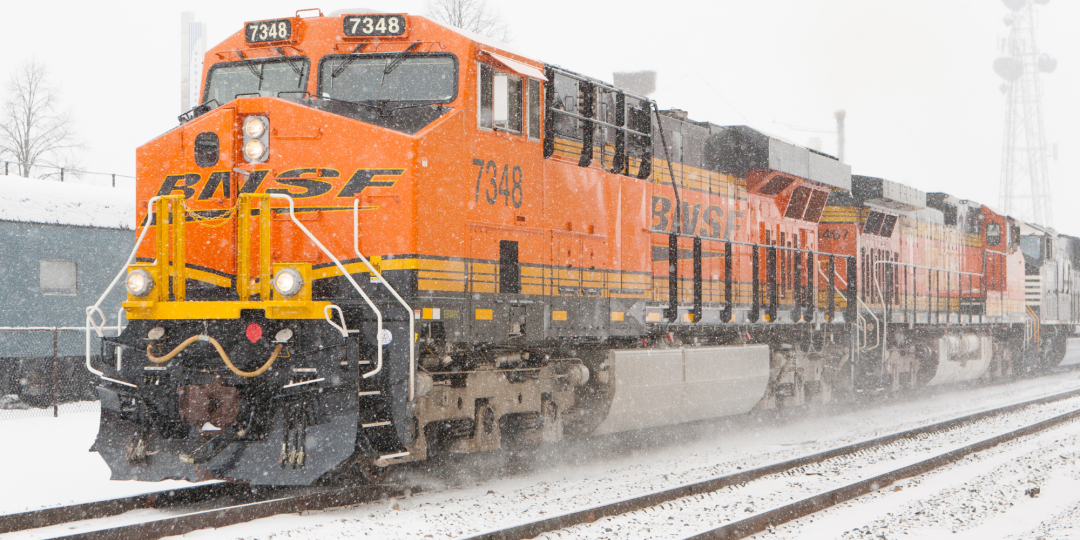The Impact of Weather on Logistics and How to Mitigate Delays
November 20, 2019 0Client Stories & Case Studies
Weather conditions can be a significant challenge for the logistics industry. From snowstorms halting deliveries to hurricanes disrupting supply chains, extreme weather events create unpredictability that can impact efficiency, timelines, and customer satisfaction. As a logistics provider, understanding these challenges and having effective strategies in place is crucial to minimizing disruptions.
Key Weather-Related Challenges in Logistics:
- Road Closures and Delays: Heavy rain, snow, or floods can make roads impassable, delaying shipments.
- Air and Sea Transport Disruptions: Fog, storms, and high winds can lead to flight cancellations and port closures.
- Supply Chain Interruptions: Weather-related disasters can disrupt manufacturing and inventory replenishment.
- Infrastructure Damage: Extreme events like hurricanes or earthquakes can damage warehouses, terminals, and transportation networks.
Strategies for Mitigating Delays:
- Proactive Weather Monitoring
Utilize advanced weather forecasting tools to track potential disruptions. Platforms that integrate real-time data can help reroute shipments or reschedule deliveries ahead of time. - Flexible Supply Chain Networks
Develop a diversified network of suppliers, warehouses, and transport routes. Having backup options can reduce the dependency on a single source or route. - Real-Time Communication
Keep all stakeholders—drivers, customers, and partners—informed of delays or alternative plans. Real-time updates build trust and help manage customer expectations. - Invest in Weather-Resilient Technology
Equip fleets with GPS and weather-tracking tools to optimize routes and ensure safety. Warehouses should also be fortified against extreme weather to protect inventory. - Collaborate with Logistics Partners
Partnering with third-party logistics providers (3PLs) or carriers with expertise in managing weather-related disruptions can offer additional resilience. - Emergency Planning and Training
Establish contingency plans for severe weather scenarios, including driver safety protocols, rerouting strategies, and inventory redistribution. - Leverage Predictive Analytics
Use data analytics to identify patterns and prepare for peak weather seasons that could impact operations. - Insurance and Risk Management
Protect your shipments and assets with comprehensive insurance policies designed to cover weather-related risks.
Weather Preparedness as a Competitive Edge
While weather-related disruptions are inevitable, how a logistics provider responds can define their reliability and reputation. A proactive approach not only minimizes delays but also enhances operational efficiency and customer satisfaction.
At Logix Across, we’re committed to helping businesses navigate these challenges with tailored solutions that ensure your goods arrive safely and on time, regardless of the forecast. Reach out today to discover how we can make your supply chain weather-proof!














